Introducing our kids to things like smartphones and social media can feel scary and overwhelming. The Middle School Plugged-in Planner is here to help.

Category: Teens

Introducing our kids to things like smartphones and social media can feel scary and overwhelming. The Middle School Plugged-in Planner is here to help.
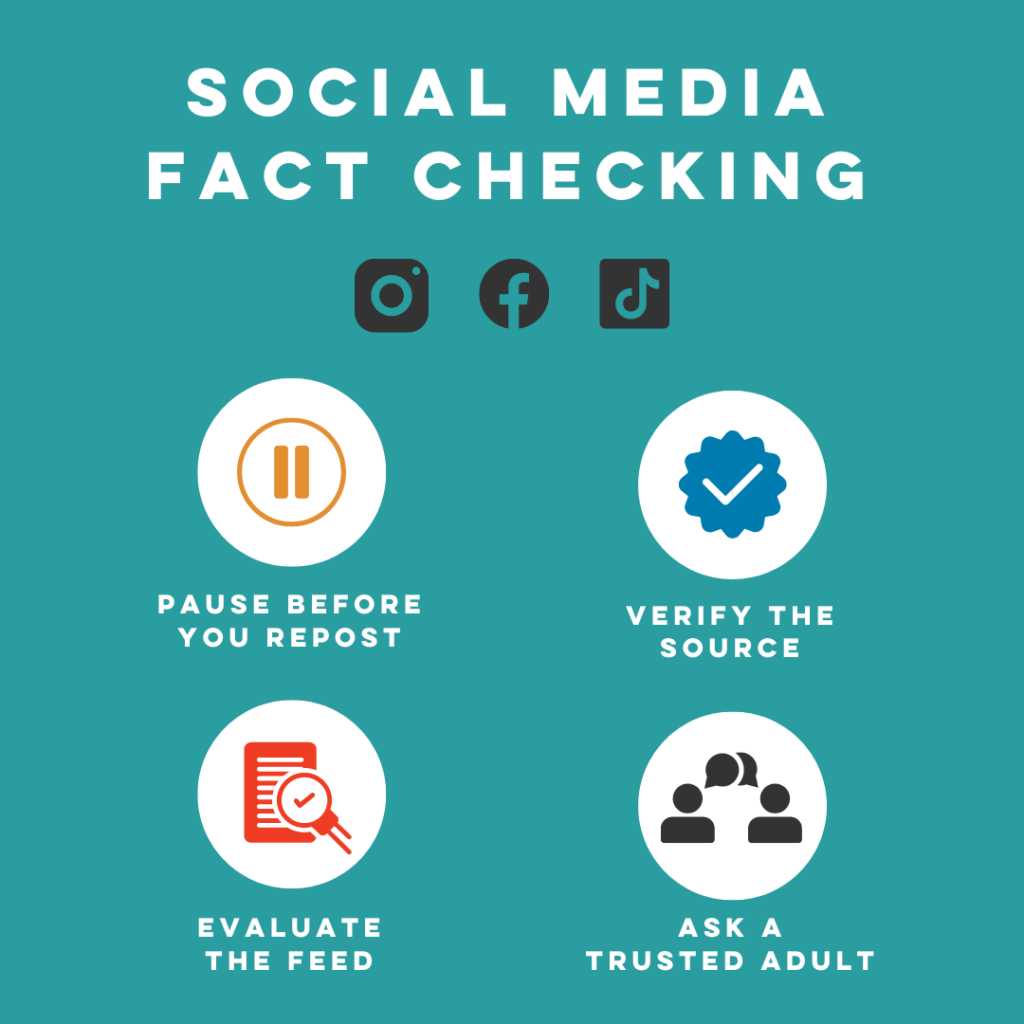
We are some of the most powerful voices in our children’s lives, and we can help them discern what is accurate information versus misinformation or disinformation. Here are a few tips you can offer when coaching your kiddo on media literacy.
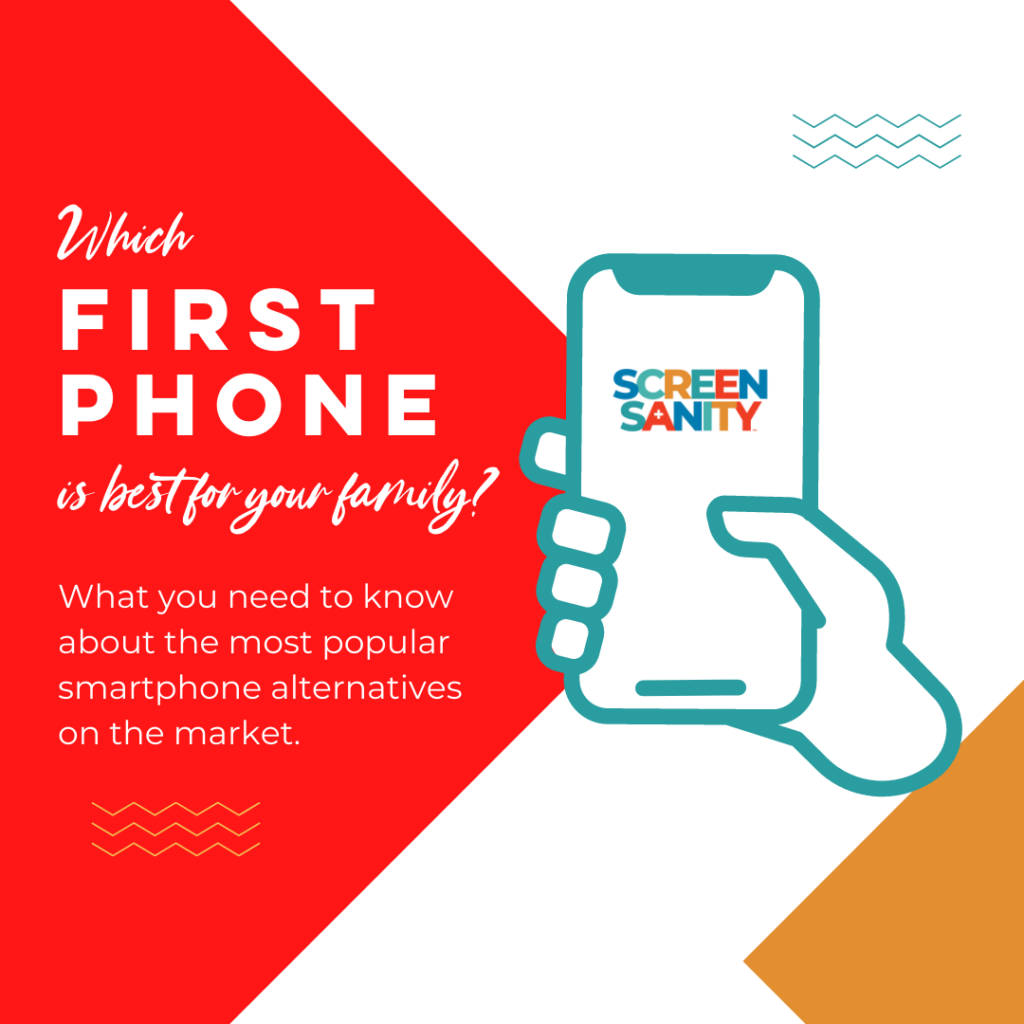
It’s that time of year when the weather is changing, holiday decor is appearing on the shelves and gift-giving may be on the mind. Along with connection, cheer and cups of cocoa, this season can also bring about lengthy shopping lists and overwhelming decisions. If whether or not to buy your child a smartphone is one of those choices, you are not alone!
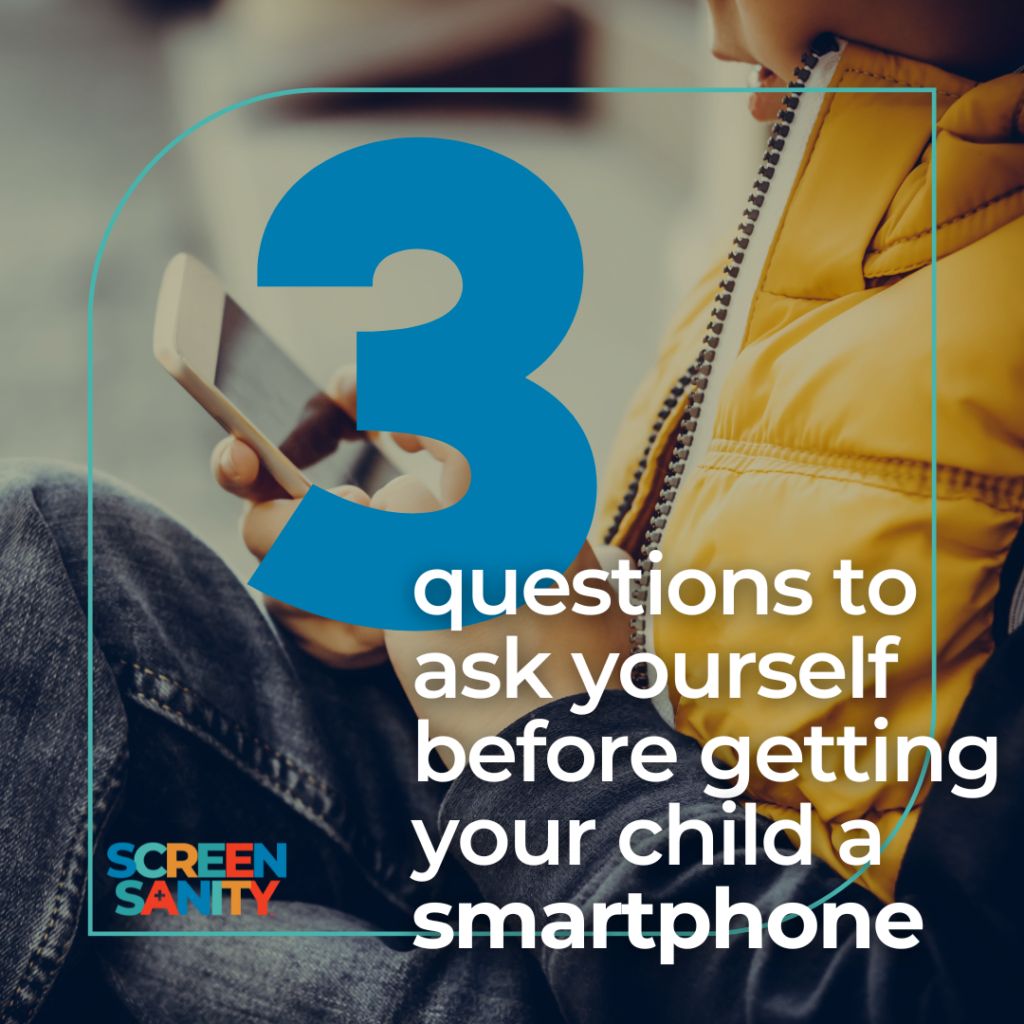
With today’s smartphones, kids have the world at their fingertips, but they also have the weight of the world on their shoulders. The truth is smartphones can lead to unsafe people and places, so it’s important to consider how you plan to protect them from ending up somewhere on the internet they never intended to be.

If you feel like video games aren’t what they used to be, you’re right. The days of Pac-Man and Atari are long gone, replaced with virtual reality headsets and hyper-realistic war zones.

Virtual reality uses technology to create a simulated world or experience, typically through the use of a headset that provides a 180- or 360-degree view. It is an immersive experience, making the user feel as if they are truly inside a virtual world.
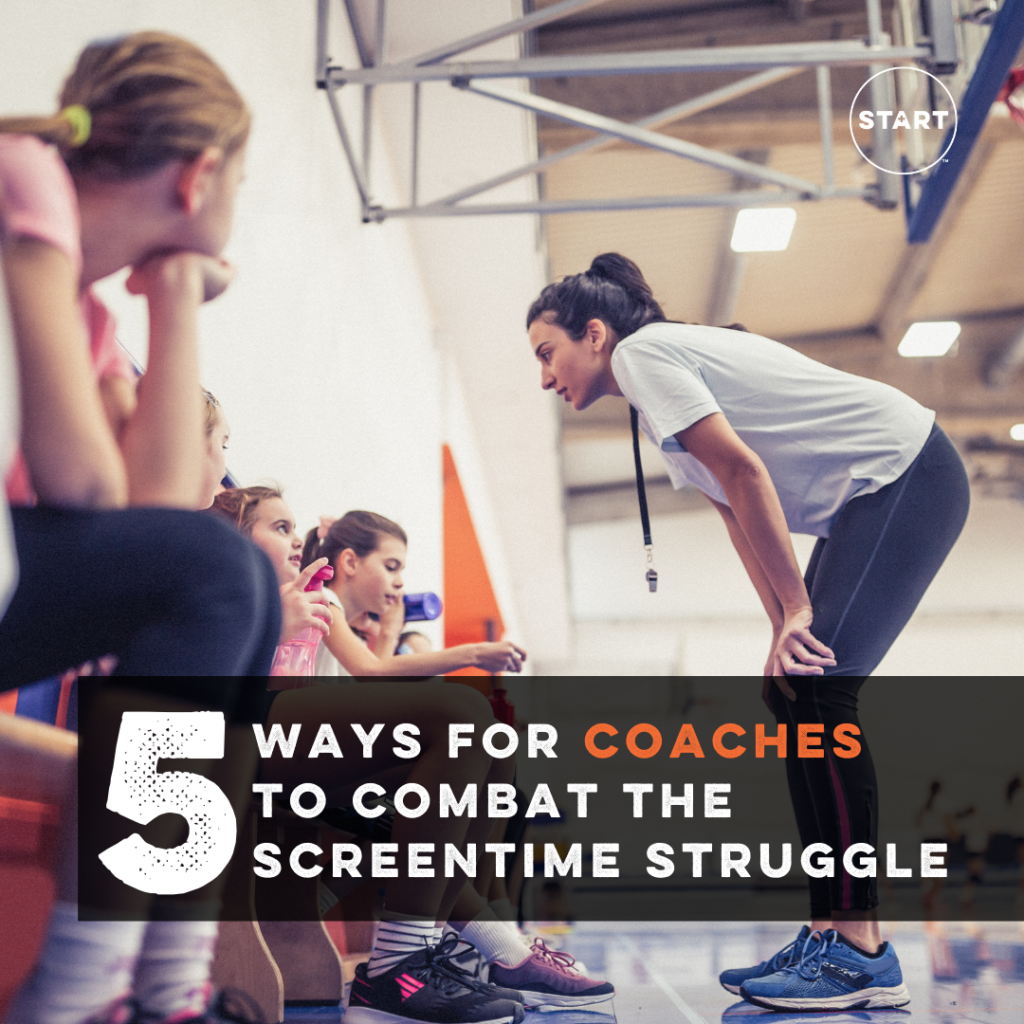
The positive effects of participating in youth sports are numbered, yet there is a distracting new teammate causing disengagement among today’s athletes—the smartphone. Instead of focusing on the game, players run to the bench to check their phones for notifications. Instead of practicing drills outside, teens spend hours inside scrolling through social media.
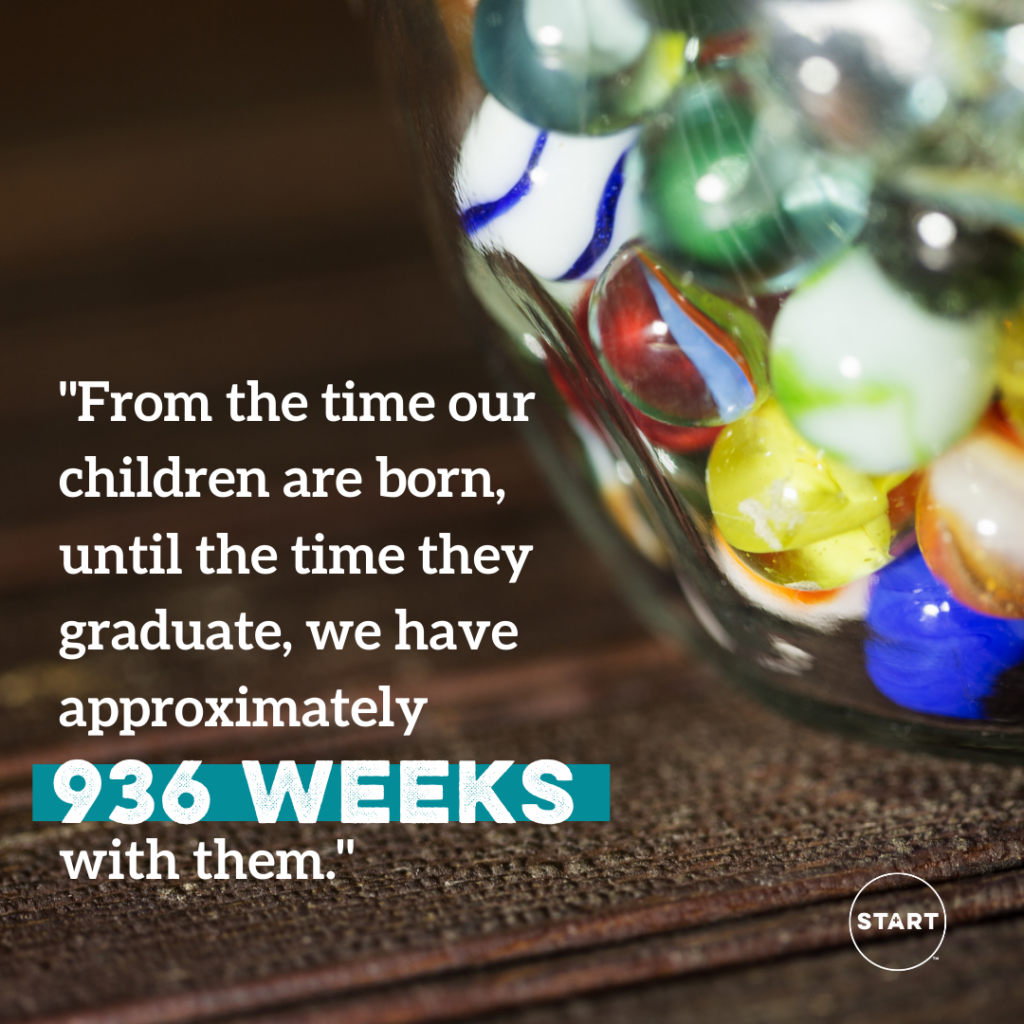
We all know time matters. For parents, we need to focus on how we spend that time. From the moment our children are born until the time they graduate, we have approximately 936 weeks with them. In the book Playing for Keeps by Reggie Joiner, Kristen Ivy and Liz Hansen, these precious weeks are illustrated with a jar filled with marbles—each marble representing one week.

Felicia Wu Song is a sociologist at Westmont College who studies the way technology has changed contemporary life. On the Screen Sanity’s final episode of 2021, she joins START co-founder Krista Boan for a conversation about digital fatigue and unpacks how our own lives have been transformed by devices and screens.
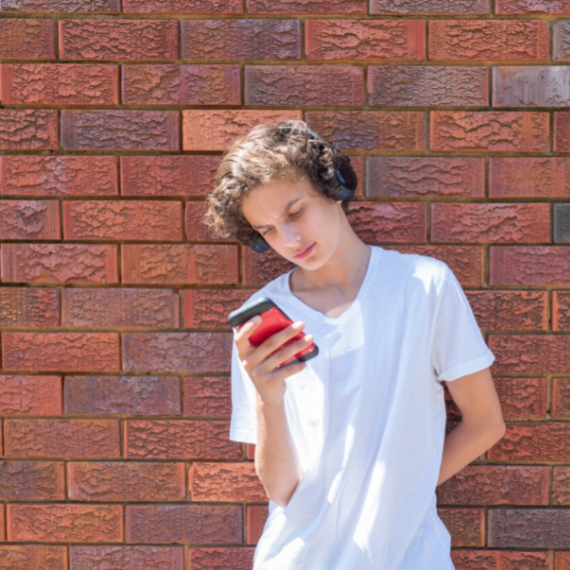
If you have a teen or tween, you’re probably familiar with TikTok challenges. Some of them come and go without gaining much traction, and others—like the recent “devious licks” challenge—make headline news.